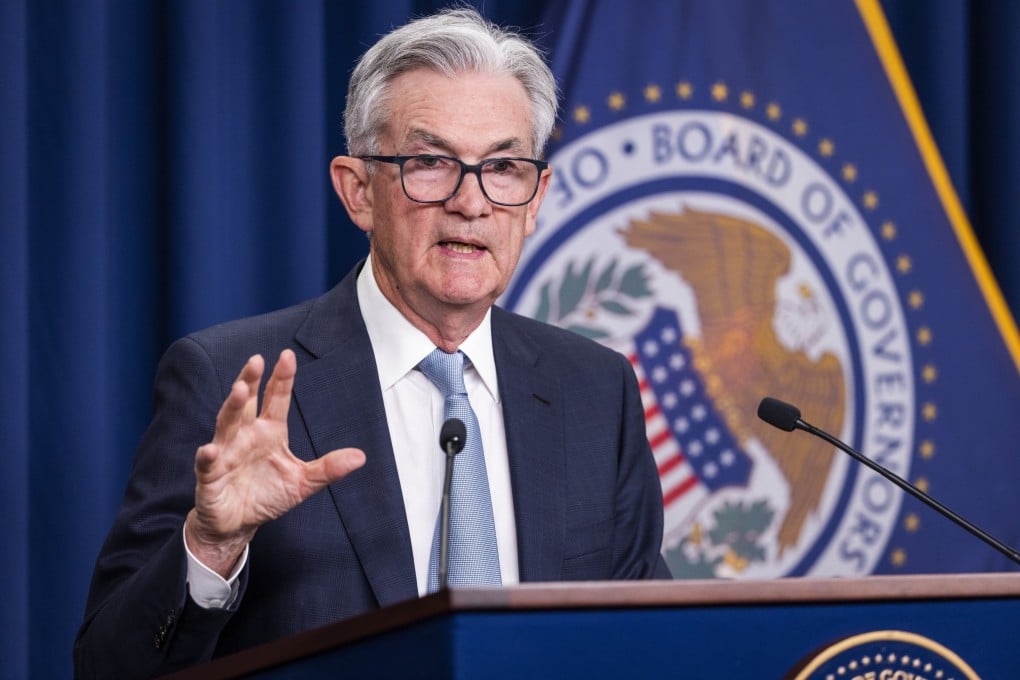Advertisement
Macroscope | Can a hawkish Fed balance the risks and avoid a US recession amid its aggressive rate increases?
- The latest meeting suggests there are no doves left as the Fed signals an accelerated path of rate rises to fight a hot summer of inflation
- But, with a cooling housing market and strong dollar among factors set to slow growth, an overly hawkish Fed could slow demand and even spark a recession
Reading Time:3 minutes
Why you can trust SCMP
4

While many had hoped that inflation had peaked in March, the red-hot May data has stirred fresh concerns about the level and persistency of a phenomenon we haven’t really experienced since the 1980s. Following that, the US Federal Reserve decided to raise its interest rates by 75 basis points – three-quarters of a percentage point – the biggest increase since 1994.
Advertisement
The US consumer price index increased 8.6 per cent year on year in May, above the 8.3 per cent consensus expectations. A closer look points to the same main drivers. Energy and food inflation rose by 3.9 per cent and 1.2 per cent respectively from the previous month, on the back of continued supply-side issues worsened by the Russia-Ukraine conflict.
The relatively strong US consumer continued to spur demand in a supply-constrained car market, which saw prices for new and used vehicles rising by 1 per cent and 1.8 per cent respectively from April. Inflation linked to the reopening of the economy was also particularly strong, with airfares up 12.6 per cent for the month and 37.8 per cent for the year.
On the bright side, core inflation (excluding food and energy), which rose by 6 per cent year on year, continued to moderate, while core services inflation picked up slightly due to rising rents.
Although there were some concerns around stickier shelter inflation – derived from housing costs based on rent, not home prices – due to the 0.6 per cent month-on-month increase, surging mortgage rates and home prices that have risen significantly over the past year have crowded many potential homebuyers out of the market.

As confidence wanes, the housing market will cool, which should help ease shelter inflation. The reality is that there are many forces acting to slow the US economy. The housing market is one. Throw in a strong US dollar and fiscal drag – as inflation or income growth means people pay more tax and spend less – and a US slowdown grows more certain.
Advertisement

Advertisement
